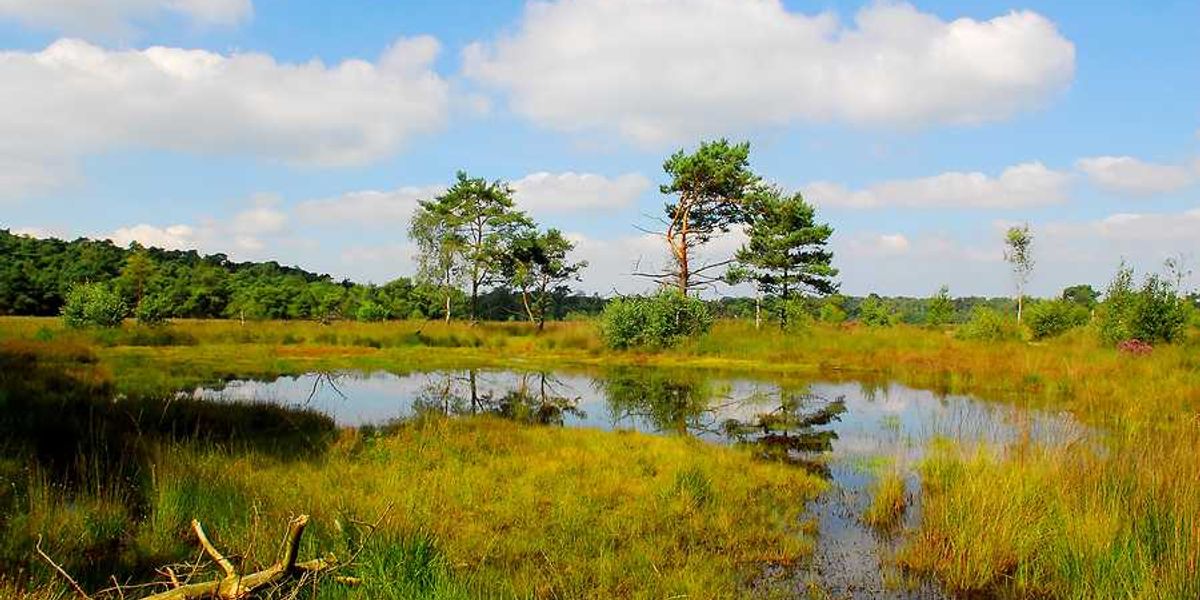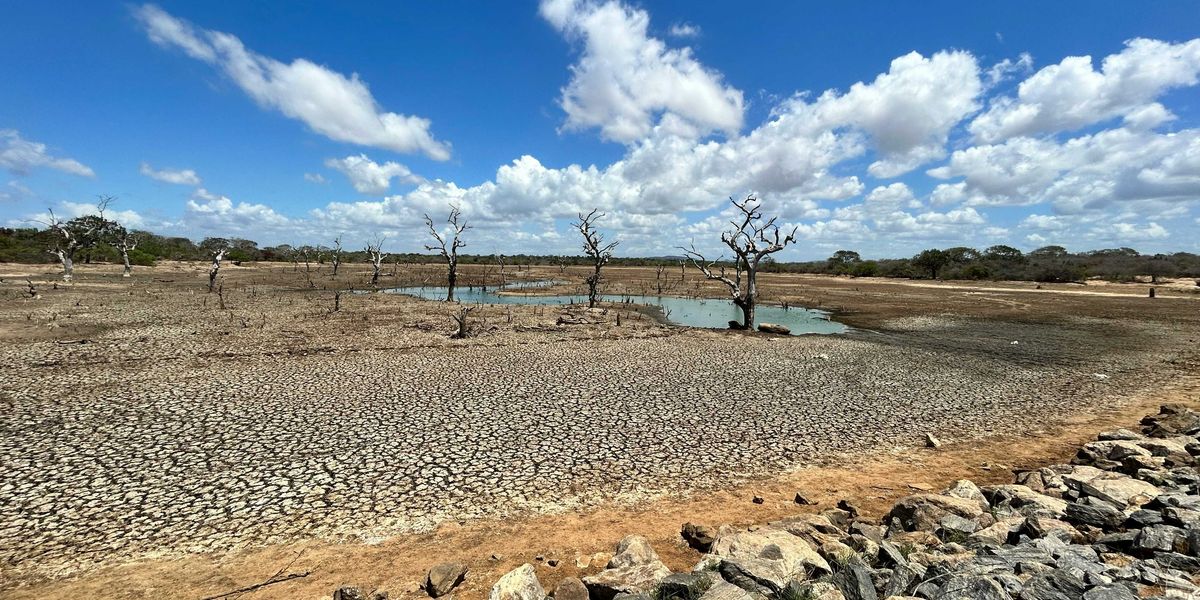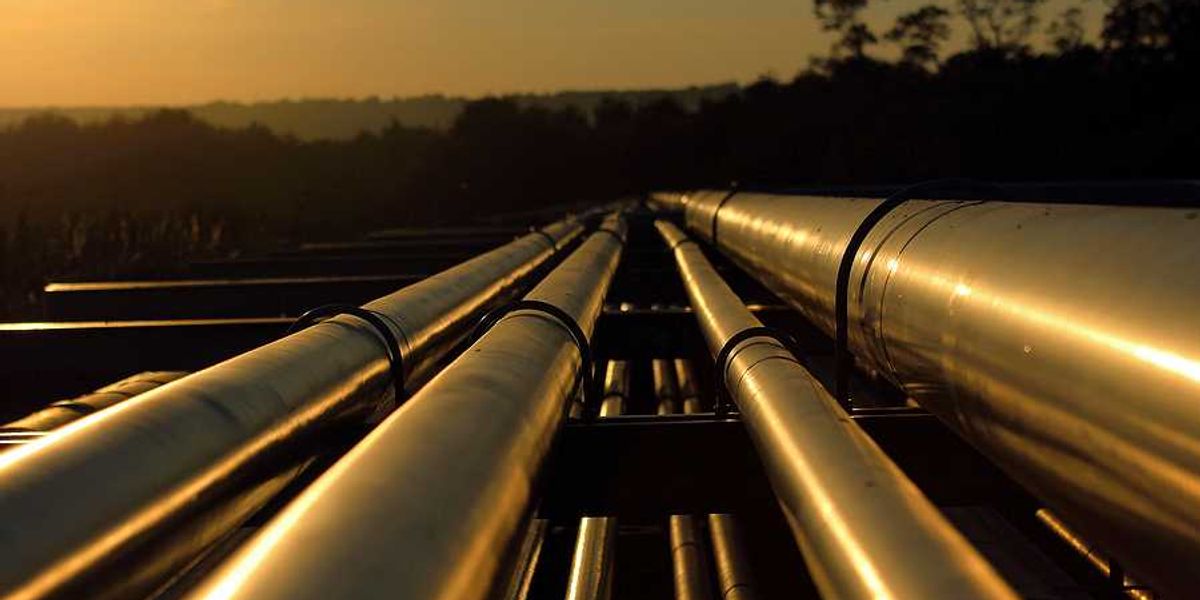German court rules against climate damages claim but backs future liability lawsuits
A German court dismissed a Peruvian farmer’s lawsuit against energy giant RWE over climate-linked flooding but acknowledged, for the first time, that German companies could face civil liability for global emissions.
Karen Zraick reports for The New York Times.
In short:
- A German appeals court rejected Saúl Luciano Lliuya’s claim that RWE should pay for flood prevention measures near his Peruvian home, citing only a 1% flood risk to his property over 30 years.
- The court, however, affirmed that German civil law could allow victims of climate change to hold major emitters accountable, setting a legal precedent for similar suits worldwide.
- While RWE claimed the lawsuit was unfounded and outside German jurisdiction, climate advocates see the ruling as a turning point for global corporate climate liability cases.
Key quote:
“For the first time in history, a higher court in Europe has ruled that large emitters can be held responsible for the consequences of their greenhouse gas emissions.”
— Roda Verheyen, lawyer for plaintiff Saúl Luciano Lliuya
Why this matters:
As climate change escalates, courts are emerging as battlegrounds for accountability. Lawsuits like the one filed by Luciano Lliuya reflect the frustration of people whose homes and livelihoods are threatened by floods, fires, droughts, and other climate-related disasters, yet who see little recourse through politics or diplomacy. Though his specific claim failed, the German court’s recognition of potential corporate liability for emissions lays the groundwork for a wave of new climate litigation. Legal systems are starting to catch up with scientific consensus: Emissions don’t respect borders, and neither should responsibility. This is especially important as wealthier nations and corporations disproportionately contribute to global emissions, while the consequences often hit poorer communities hardest.
Learn more: Peruvian farmer’s lawsuit could reshape corporate climate responsibility













